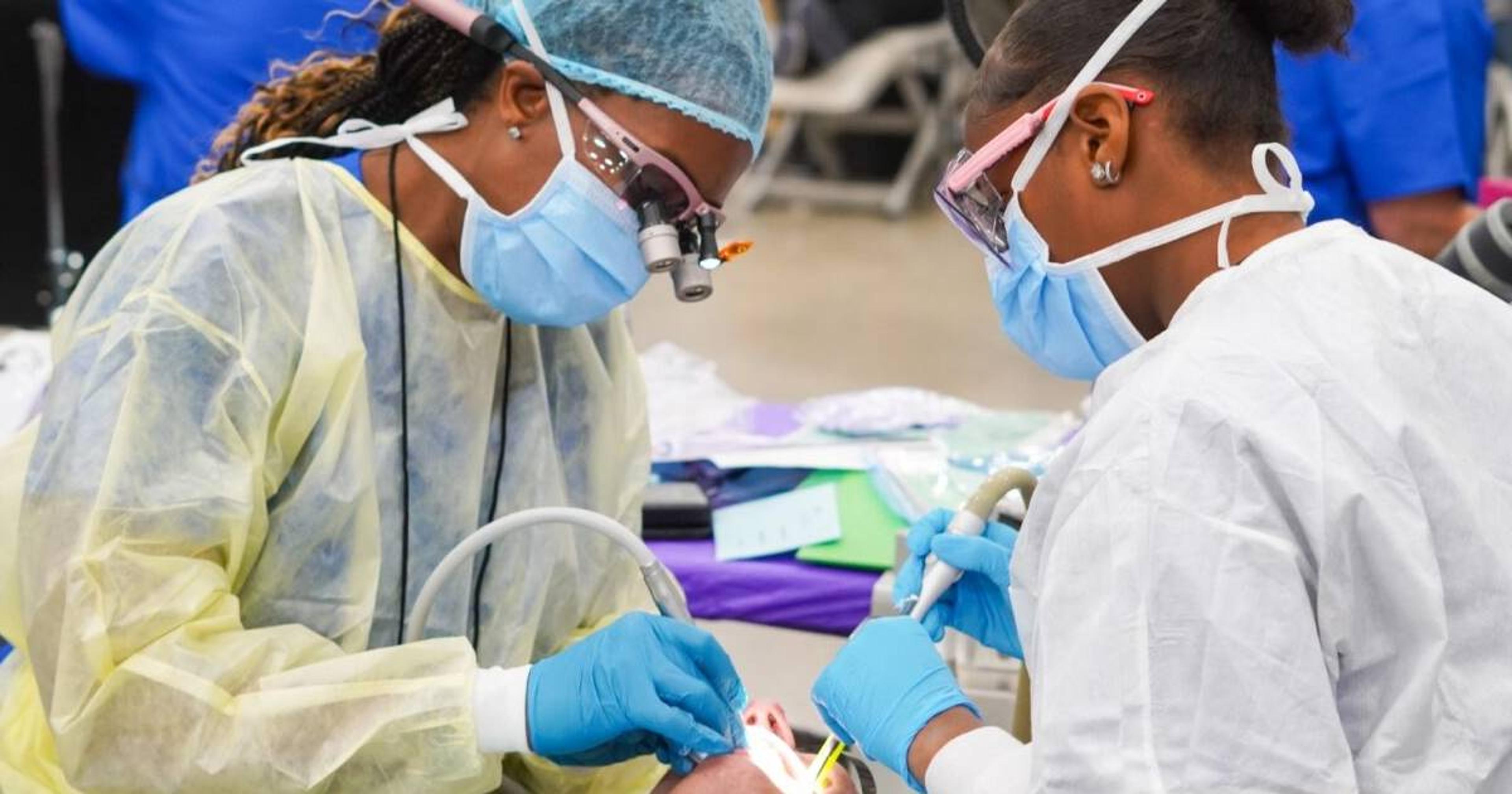What To Know About the Bird Flu in Michigan

Dr. James Grant
| 3 min read
James D. Grant, M.D. is senior vice president and ch...

Highly pathogenic avian influenza (HPAI), commonly called “bird flu,” is a highly contagious virus in birds that can be spread to other animals and humans. Since February, dairy cattle in 10 counties in central and West Michigan have tested positive for a strain of the HPAI virus called H5N1, reports the Michigan Department of Agriculture and Rural Development (MDARD).
Two Michiganders have been diagnosed with the bird flu, but risk of the virus to the public remains very low, according to the U.S. Centers for Disease Control and Prevention (CDC).
There are three known cases of the H5N1 virus in humans in the U.S. this year, two of which are in Michigan. The CDC announced Michigan’s first case of the bird flu strain in a dairy farm worker on May 22. The second case, unrelated to the first, was attributed to an employee on a different farm on May 30. Fortunately, those with the virus in Michigan are recovering, and those in their households have not shown symptoms.
There has been no sign of increased influenza in the U.S., according to the CDC.
Are dairy and poultry products safe?
Yes. Poultry and eggs that have been properly prepared and cooked are safe to eat, according to MDARD. The chance of infected poultry or eggs entering the food chain is extremely low.
There is no concern about the safety of commercially sold milk because it is pasteurized before entering the market. Pasteurization is a process of heating a liquid to a certain temperature for a specific amount of time to kill harmful bacteria. Pasteurized dairy products are safe, but don’t drink raw, unpasteurized milk or dairy products.
How do I prevent bird flu?
The state government is closely tracking the virus in humans, poultry, and dairy herds. If you have cattle, chickens, or birds of your own, MDARD recommends taking steps to reduce the spread of the bird flu, many of which are geared toward the farming community:
- Prevent contact between domestic and wild birds by bringing them indoors or fully enclosing their outdoor area.
- Wash your hands before and after handling birds and cattle.
- Avoid touching your mouth, nose, or eyes after contact with poultry and cattle.
- Wear protective gear and washable footwear or disposable shoe covers.
- Disinfect boots and other gear when moving between coops or barns.
- Do not share equipment or other supplies between coops or other farms.
- Clean and disinfect equipment and other supplies between.
- Secure feed to prevent contact with other animals.
- If you come into contact with an animal or human who has the virus, contact your supervisor, and monitor your health for 10 days.
James D. Grant, M.D., is senior vice president and chief medical officer at Blue Cross Blue Shield of Michigan.
Image: Getty Images





